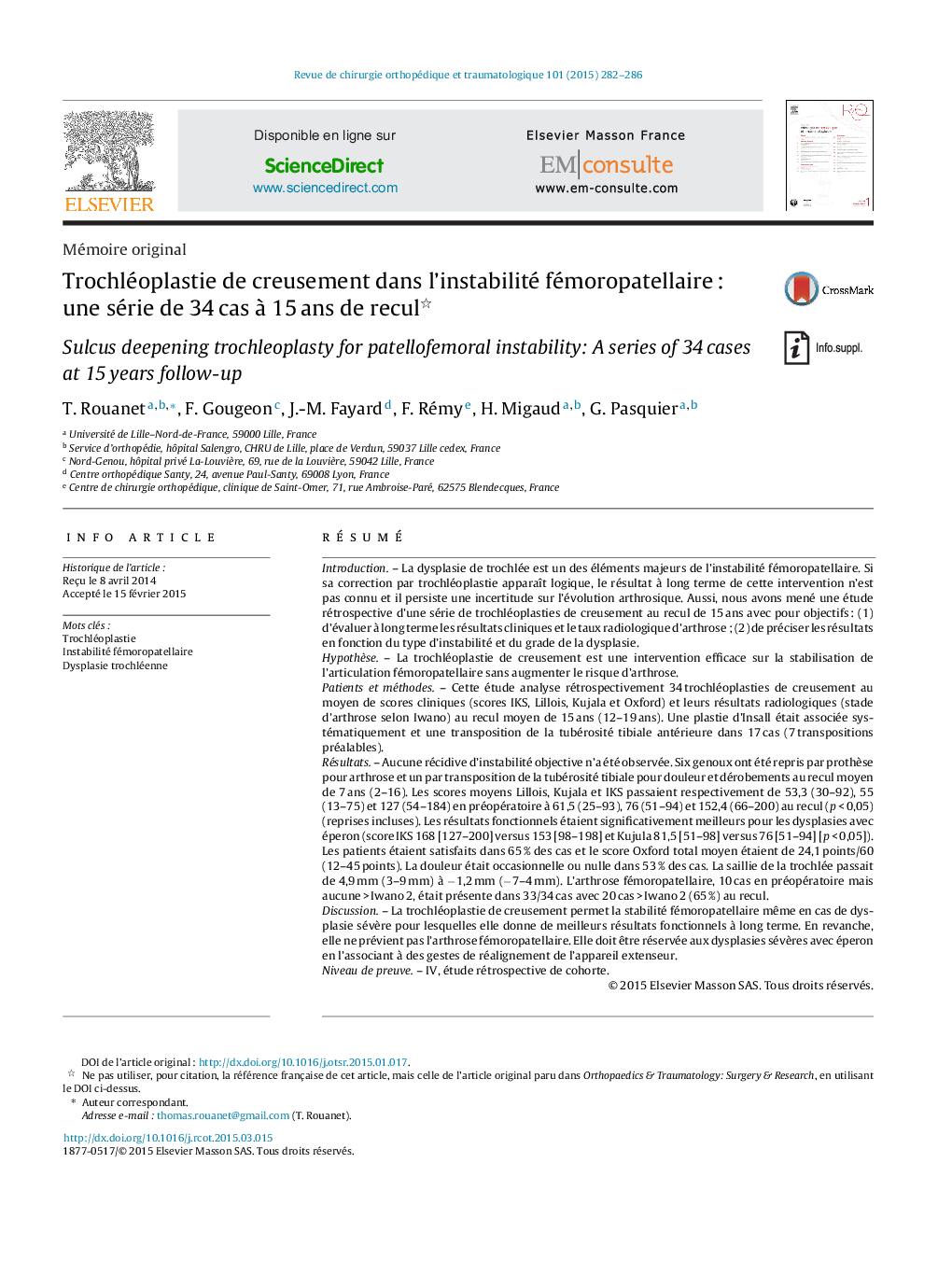| Article ID | Journal | Published Year | Pages | File Type |
|---|---|---|---|---|
| 6011018 | Epilepsy & Behavior | 2015 | 5 Pages |
Abstract
Surgery can be a highly effective treatment for medically refractory temporal lobe epilepsy (TLE). The emergence of minimally invasive resective and nonresective treatment options has led to interest in epilepsy surgery among patients and providers. Nevertheless, not all procedures are appropriate for all patients, and it is critical to consider seizure outcomes with each of these approaches, as seizure freedom is the greatest predictor of patient quality of life. Standard anterior temporal lobectomy (ATL) remains the gold standard in the treatment of TLE, with seizure freedom resulting in 60-80% of patients. It is currently the only resective epilepsy surgery supported by randomized controlled trials and offers the best protection against lateral temporal seizure onset. Selective amygdalohippocampectomy techniques preserve the lateral cortex and temporal stem to varying degrees and can result in favorable rates of seizure freedom but the risk of recurrent seizures appears slightly greater than with ATL, and it is not clear whether neuropsychological outcomes are improved with selective approaches. Stereotactic radiosurgery presents an opportunity to avoid surgery altogether, with seizure outcomes now under investigation. Stereotactic laser thermo-ablation allows destruction of the mesial temporal structures with low complication rates and minimal recovery time, and outcomes are also under study. Finally, while neuromodulatory devices such as responsive neurostimulation, vagus nerve stimulation, and deep brain stimulation have a role in the treatment of certain patients, these remain palliative procedures for those who are not candidates for resection or ablation, as complete seizure freedom rates are low. Further development and investigation of both established and novel strategies for the surgical treatment of TLE will be critical moving forward, given the significant burden of this disease.
Keywords
Related Topics
Life Sciences
Neuroscience
Behavioral Neuroscience
Authors
Edward F. Chang, Dario J. Englot, Sumeet Vadera,
